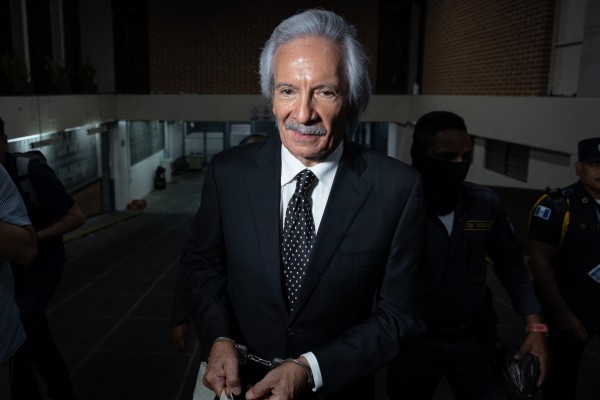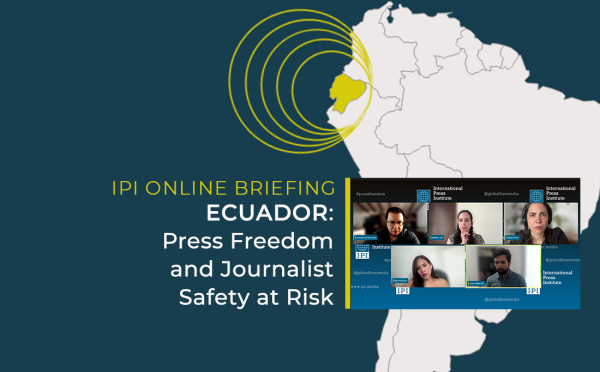Alfredo Villatoro, presenter of the morning news program and News Director at the major Honduran radio station, HRN radio, was kidnapped Wednesday morning near his residence at 4:50 a.m., just outside the capital city Tegucigalpa.
Villatoro was on his way to the office when he was abducted from his vehicle. A colleague at the radio station who knows to expect Villatoro just before 5:00 a.m. was worried when he did not arrive, and called the police.
Later that morning, HRN radio said in a broadcast that the captors had communicated with Villatoro’s family, most likely to ask for a ransom.
“IPI urges Honduras police to carry out swift investigations and do everything in their power to ensure that Villatoro is freed immediately,” IPI Press Freedom Manager Barbara Trionfi said. “Journalists in Honduras work under terrible conditions and this heavilly affects thier ability to inform the people about issues of public interest. It is the responsibility of the Honduran authorities to ensure that journalists can carry out thier work safely.”
The police stated that “young gang members” carried out the kidnapping and have subsequently arrested three suspects for questioning. Former deputy inspector of the Honduras National Police, Gerson Basilio Godoy, was taken into custody four hours after the kidnapping. According to the Honduran newspaper La Prensa, Godoy left the police force in Nov. 2011 for his connection with a gang notorious for extortion and kidnapping. However, La Prensa also reported that Godoy was later released due to a lack of sufficient evidence linking him to the case.
Villatoro’s abduction comes three days after fellow journalist and gay rights activist Erick Martinez was found dead on the roadside in Guasculile, a small village just north of Tegucigalpa. Local media reported that Martinez’s body showed signs of strangulation.
Honduras has the highest murder rate in the world and has become increasingly dangerous for journalists given a the recent rise in drug trafficking and organized crime. Since the military coup that overthrew Former President Manuel Zelaya in May 2009, more than 20 journalists have been killed in Honduras, according to the IPI Death Watch. It is unclear at this time whether their deaths were in relation to their journalistic work.
Human rights groups have condemned Honduran authorities for not bringing a single investigation of these deaths to a close. “We’re enormously worried that there are next to no investigations in the murders of our colleagues,” said the President of the Honduran College of Journalists, Juan Roman Mairena.


